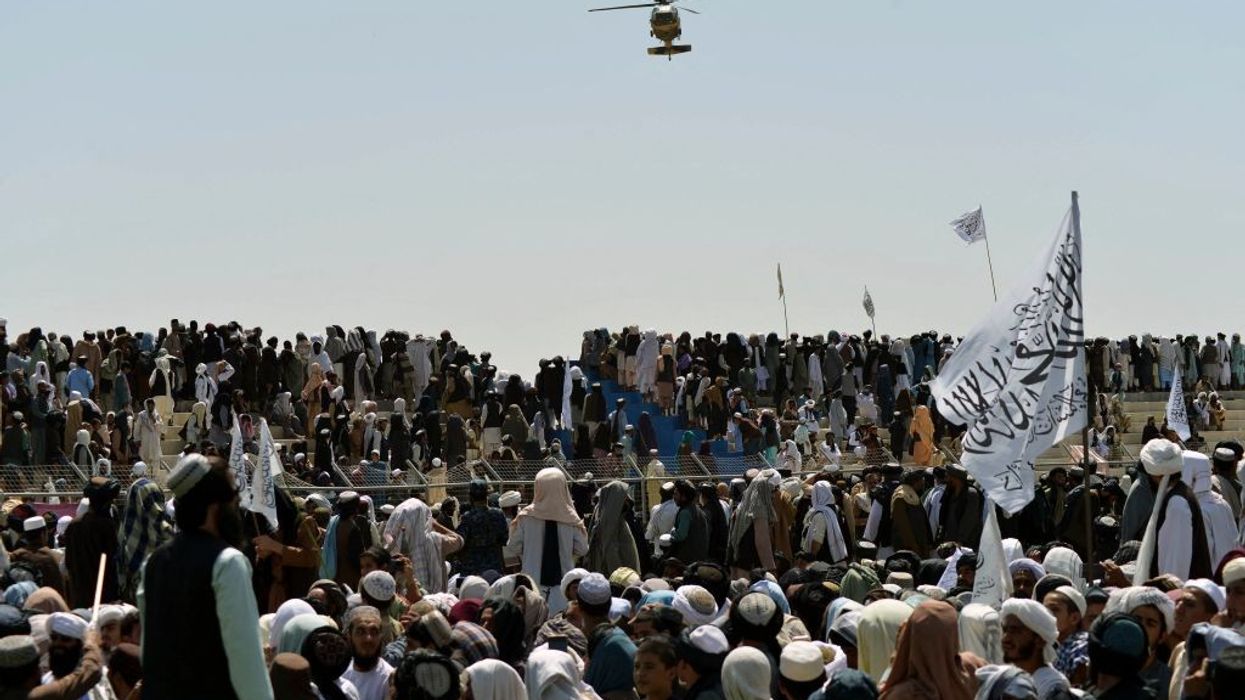BRITAIN has been in touch with Pakistan and the Taliban to address emerging threats, amid growing concerns that the new regime in Afghanistan could be used for terror attacks in the West.
While British Secret Intelligence Service officials held talks with the group in Kabul, the spy agency’s chief, Richard Moore, met Pakistan Army chief general Javed Bajwa in Rawalpindi to discuss “matters of mutual interest”, reports said.
"During the meeting, matters of mutual and professional interests, intelligence/defence collaboration between both countries and overall regional security, with special emphasis on post-US withdrawal in Afghanistan, came under discussion", Pakistan’s Inter-Services Public Relations Directorate said.
Meanwhile, the UK’s Joint Intelligence Committee chairman Simon Gass visited Doha to meet Taliban representatives.
British officials' efforts are focused on getting the Taliban to commit that it would not harbour terror groups and to convey the message that future aid to Afghanistan would be linked to its action to ensure peace, media reports said.
The UK team conveyed to the Taliban that it would work in favour of Kabul if the new regime keeps terror groups at bay.
In London, ministers confirmed the UK’s direct engagement with the Taliban, saying Gass met its leaders over the “safe passage” of Britons and “those Afghans who helped us” out of Afghanistan.
“The prime minister’s special representative for Afghan transition, Simon Gass, has travelled to Doha and is meeting with senior Taliban representatives to underline the importance of safe passage out of Afghanistan for British nationals, and those Afghans who have worked with us over the past twenty years” a Downing Street spokesman told The Telegraph.
While American troops were pulling out of Afghanistan, the CIA also engaged the Taliban directly. The US spy agency chief William Burns met Taliban leader Mullah Baradar in Kabul about a week ago to discuss the security situation in the region.
According to former MI6 chief John Sawers, future engagement of the international community with Afghanistan will be determined by how the Taliban acts against terror groups on its soil.
“What these talks will be doing is to try to get them in the right place for them to realise it's in their interest to close down any space and any opportunity for terrorist groups to operate out of Afghanistan,” Sky News quoted him as saying.




